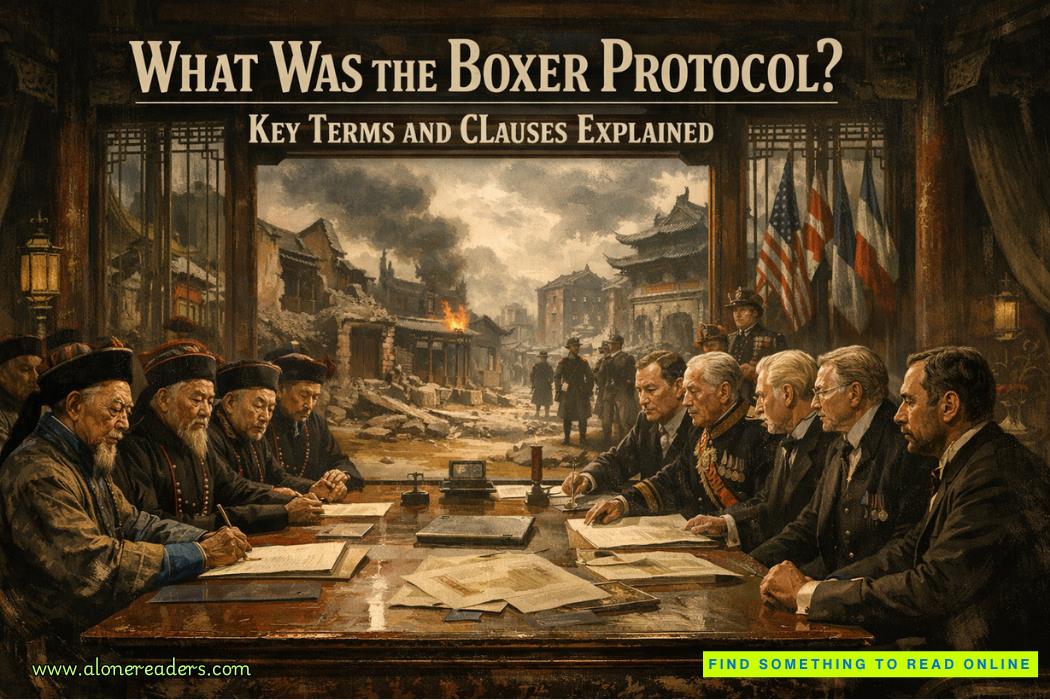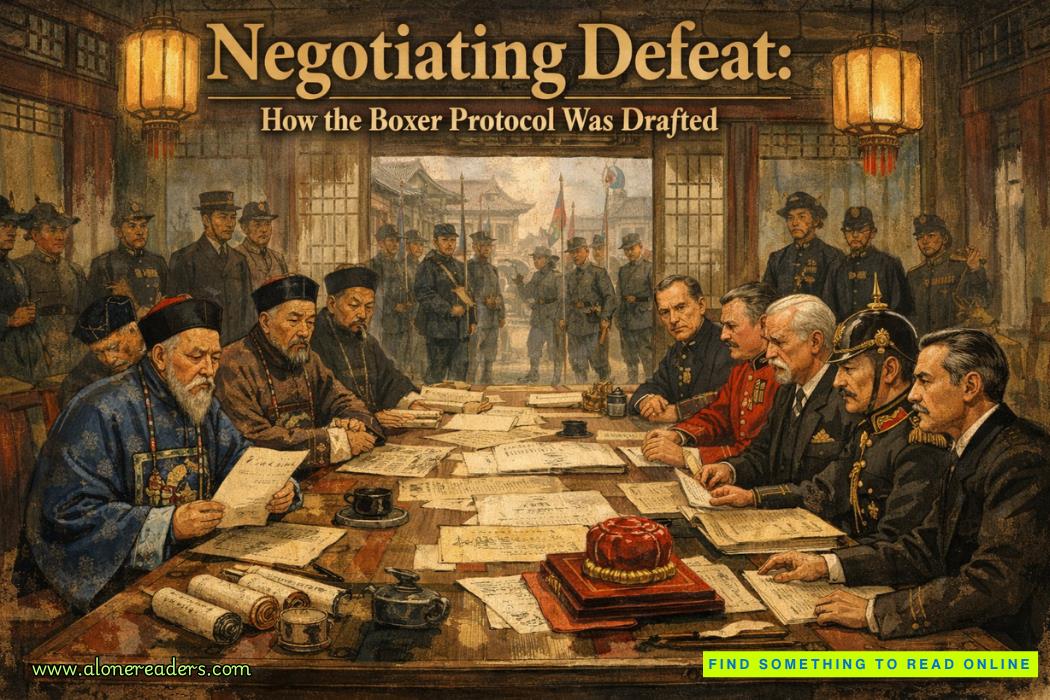Darcy said, “Mr. Gardiner, I intend to hunt down George Wickham, a man who has proved himself a reprobate. His attempt to abduct my sister has crossed a line. Richard and three soldiers will remain in the house I leased. Three others will be posted in an empty house on the other side. If you will permit, I would like to stand watch here with my groom, one of us at the front, and the other at the back. If Wickham comes to retrieve Mrs. Younge’s property or to seek my sister, we shall close the trap and deliver him to the military. He is wanted for desertion.”
“You have my consent,” Mr. Gardiner said at once. “And any assistance I may furnish.”
He reached for a decanter, but Darcy lifted a hand. “Your kindness does you honor, but we must keep a clear head tonight. Might we have coffee and the loan of two of your grooms instead?”
“By all means.” Mr. Gardiner agreed. Mrs. Gardiner provided coffee, and the men reviewed the plan a final time, then they dispersed to their posts.
About midnight, they saw a man skulk along the street, keeping to the shadow of the buildings. Soon, they noticed that a woman was following behind. It was Mrs. Younge. She produced a key, and the pair slipped into Darcy’s leased house. The colonel signaled, and Darcy and his groom crossed from the Gardiners’ and entered by the garden door. In the passage, Richard steppedfrom the dark with a brace of pistols leveled. “Stand where you are.”
“Richard,” Wickham said, attempting a smile that faltered at once. “A misunderstanding, I assure you.”
“Spare your breath,” Darcy said, coming up behind him. His groom pinned Wickham’s arms and, in a moment, had him bound hand and foot. Mrs. Younge gave a thin cry and shrank back; one of Gardiner’s servants was called to keep her under watch. Wickham was carried down to a kitchen cellar and secured.
When Darcy and Richard went below with a lamp, Wickham began to implore. “Darcy, for the sake of your father, have mercy.”
“Not this time,” Darcy replied. “You set yourself against my sister. She hid for two nights in the attic rather than fall into your hands. You will spend this night in the cellar, and tomorrow you will be conveyed under guard to London. You’re a deserter, Wickham, and you tried to commit an abduction. I trust you will remember your treachery against Georgiana every day of the brief span that remains to you.”
Wickham cursed and then fell into sullen silence.
At dawn, Richard departed in a hired post chaise with Wickham bound inside between two soldiers and Mrs. Younge, who would be taken before a magistrate and then transported to Australia. He rode alongside another trooper, and the little party turned toward London.
Darcy remained. Georgiana led him to the attic that had been her refuge, and he squeezed through as she had done, then moved the barricade to examine her small encampment. Shetrembled as her eyes fell upon the place where she had hidden, then she began to gather the remaining fruit, bread, and cheese, while Jenny collected her mistress’s brushes and other personal items. They went below once more.
Georgiana would not consent to sleep in the house. She wished to turn her back upon Ramsgate altogether. Darcy, however, persuaded her to return at least long enough to speak of it. “Invite Mrs. Gardiner and Miss Bennet,” he said. “Show them your stronghold. Describe to them how you contrived your escape.”
So she did. Together they climbed to the attic, and Georgiana, animated now, described how she had covered the windows, forced them open for air, turned the mattresses, and contrived her barricade. In the telling, color and animation returned to her cheeks, and the worst edge of the terror began to lift.
That evening, the Darcys dined with the Gardiners. Darcy found the couple easy to converse with, despite the fact that Gardiner was a tradesman. He was disconcerted that his gaze returned again and again to Elizabeth, who sat opposite him. Fortunately, she remained unaware because she was engaged in a playful exchange with his sister. When they parted for the night, Darcy invited the family to a performance at the theatre in Margate, even though he knew he should not prolong the acquaintance. The following evening, he made certain that Elizabeth sat between him and his sister during the carriage journey to Margate. He found her light-hearted teasing very pleasing, and he wished again that she was not so closely related to trade.
Chapter 1: Rejection Letters
June 1811
Elizabeth stepped out of the bookseller’s shop with two letters in her hands. They were letters she had been waiting for, each one was from a different ladies’ journal. Her heart tripped over as she opened the first, and she felt crushing disappointment when she read the refusal. Her poem had not been accepted for publication. With trembling hands, she broke the seal of the second letter only to find another refusal.
Hot tears pricked her eyes even though she fought them. She stood for a moment, breathing deeply as she tried to fight down the tide of disappointment that rose from her chest to her throat. She was reaching for her reticule to put the letters away when a familiar voice called her name.
“Elizabeth?”
She looked up. Alexander Lucas was crossing the street from the haberdasher’s, smiling as he came. The sunlight caught his bright blond hair, and his even teeth made his smile undeniably attractive. Elizabeth thought, not for the first time, that Alexander was a very handsome young man. They had been childhood playmates for as far back as she could remember, and now, at two-and-twenty, he was even dearer to her. Through the years, they had learned to read each other’s expressions and to understand each other’s words on a deeper level. This resulted in a relationship that reached beyond friendship. They both expected to marry one day soon. He hinted at it often, and she had come to expect that her childhood companion would quickly become her suitor in earnest. He frequently spoke witha warmth that betrayed his deep regard, and more than once, he told her of his wish that the day might come soon.
Despite her despondence, she smiled back.
He came nearer and studied her face. “What is it, Elizabeth? You are distressed.”
She brushed a tear from her eye and forced a weak smile. “It is nothing. I received two refusals to publish my poetry.” She held up the letters as proof.
Alexander’s expression softened. “Then they do not know fine verse when they read it. Let me see the letters.”
Years of friendship made him bold. He took them from her hand without waiting for leave, and read through the first. “Why, Lizzy, they liked your verse. They are only seeking a love story, something like the ballads you sing.”
Elizabeth blinked and leaned nearer. “Truly? I did not read the entire letter, only the refusal.”
He handed it back to her and turned to the second. After a moment, he said, “This one says the same. They are asking for a love story. I would wager that a love story is what sells.”
She unfolded the first letter and read it through again, paying close attention to the reason they gave for the denial. “Alexander, I believe you are right. I will write some verses about love and longing and submit them to the journals. Perhaps, by changing the subject, I will have one of my poems published.”
She tucked both letters into her reticule and smiled up at him. “Thank you for reading these. I was planning to burn them, and I would never have tried again.”















